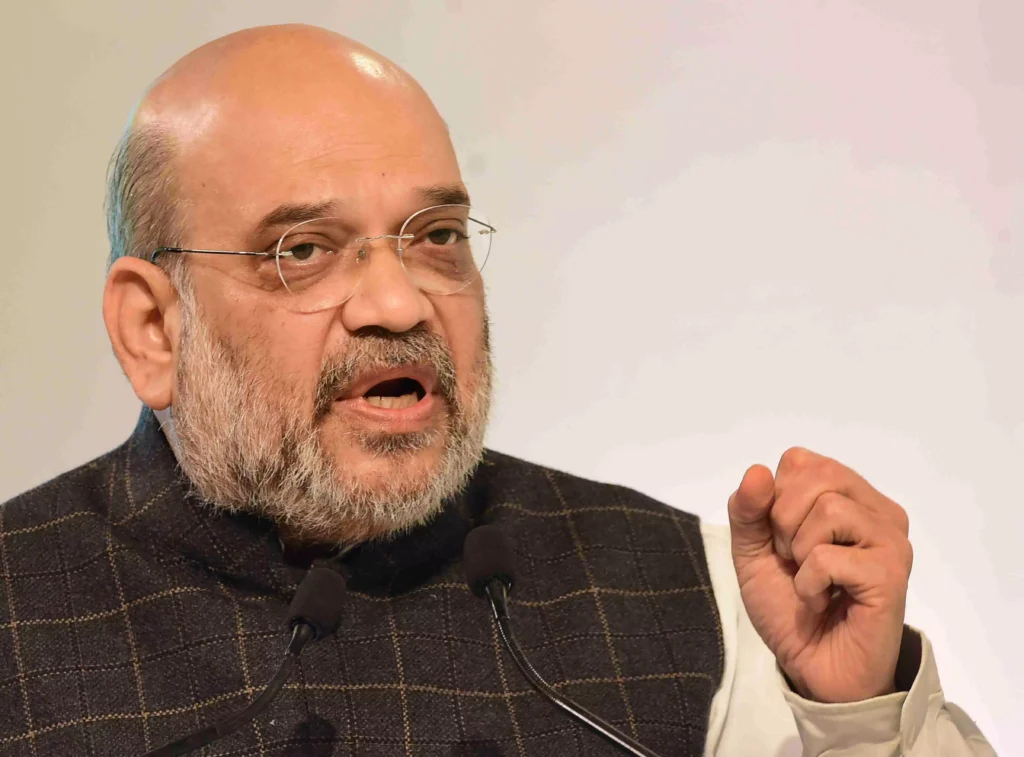Union Home Minister Amit Shah recently made a significant remark during his address in Tripura, stating that the state’s per capita income has surpassed that of West Bengal under the BJP’s governance. Shah highlighted this as a testament to the rapid development and good governance Tripura has experienced in recent years, particularly in comparison to states under opposition rule.
Economic Achievements
Shah attributed Tripura’s economic progress to the BJP government’s policies, which have fostered growth across sectors. He emphasized the state’s success in improving industrial output, boosting agricultural productivity, and creating job opportunities for the youth.
“Tripura’s per capita income today is higher than that of West Bengal, which has been ruled by the opposition for decades. This demonstrates the impact of good governance and the BJP’s commitment to development,” Shah stated.
Infrastructure Development
One of the key factors contributing to the state’s economic growth is its improved infrastructure. Shah highlighted projects like the Agartala-Akhaura rail link, the expansion of Agartala Airport, and the construction of highways as examples of transformative changes. These projects have enhanced connectivity and facilitated trade, not just within India but also with neighboring countries.
“Tripura is now a gateway to Southeast Asia. The infrastructure we are building today will serve as the foundation for the state’s future prosperity,” said Shah.
Focus on Agriculture and Industry
Shah underscored the government’s efforts to modernize agriculture and promote industries like bamboo and rubber, which are vital to Tripura’s economy. He mentioned initiatives to provide farmers with better access to markets and modern farming techniques, which have led to higher incomes and improved livelihoods.
“We have not only strengthened traditional industries but also encouraged new ventures that are generating employment and boosting Tripura’s economy,” Shah added.
Social Welfare and Inclusivity
The Home Minister credited the BJP’s social welfare programs for uplifting the standard of living in Tripura. Schemes like Pradhan Mantri Awas Yojana (PMAY) and Ayushman Bharat have provided affordable housing and healthcare, while the Jal Jeevan Mission has brought clean drinking water to rural households.
Shah also emphasized the government’s focus on empowering women and marginalized communities. He pointed out the role of the Ujjwala Yojana in reducing indoor air pollution and improving the health of women in rural areas.
Comparison with West Bengal
Shah did not shy away from drawing a direct comparison between Tripura and West Bengal. He criticized the opposition-led government in West Bengal for its alleged failures in governance and economic management.
“While Tripura is surging ahead, West Bengal has been held back by corruption, mismanagement, and a lack of vision. The difference is clear: BJP’s development-focused approach versus the opposition’s politics of stagnation,” Shah said.
Tackling Challenges
Despite the achievements, Shah acknowledged that challenges remain. He reiterated the government’s commitment to addressing issues like unemployment and ensuring equitable development across all regions of the state. He called upon the people of Tripura to support the BJP in its mission to make the state a model for the rest of the Northeast.
Vision for the Future
Concluding his address, Shah outlined the BJP’s vision for Tripura, which includes continued investment in infrastructure, education, and healthcare. He stressed the importance of maintaining peace and stability to ensure sustained growth.
“Tripura is an example of what can be achieved with the right leadership and policies. The state’s rise is a story of hope and progress, and we are committed to taking it to even greater heights,” Shah declared.
As Tripura’s development gains momentum, Shah’s assertion about its per capita income marks a significant milestone in the state’s journey under BJP rule. The comparison with West Bengal adds a political dimension to the discourse, highlighting the broader implications of governance and policy choices on regional growth.

